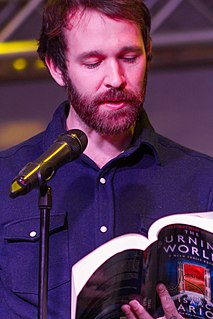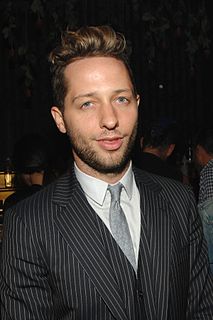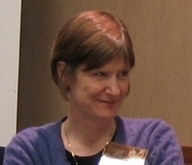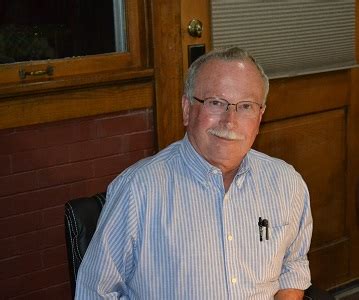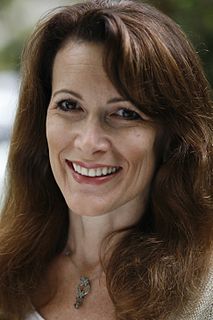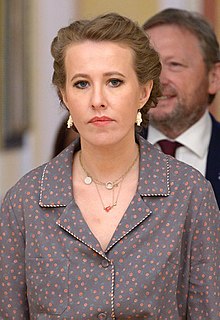A Quote by Siri Hustvedt
The faculty of memory cannot be separated from the imagination. They go hand in hand. To one degree or another, we all invent our personal pasts. And for most of us those pasts are built from emotionally colored memories.
Related Quotes
I am fooling only myself when I say that my mother exists now only in the photographs on my bulletin board or in the outline of my hand or in the armful of memories I still hold tight. She lives on beneath everything I do. Her presence influenced who I was and her absence influences who I am. Our lives are shaped as much by those who leave us as they are by those who stay. Loss is our legacy. Insight is our gift. Memory is our guide.
With tremendous clarity and wisdom, Daniel Tomasulo has crafted a memoir at once heartbreaking and uplifting. Layers of time and memory—childhood, adolescence, early adulthood, middle age—are so beautifully revealed here, a trenchant reminder that our pasts are alive inside of us. There are psychologists who can write, and writers who can psychologize, but rarely have the two met on the page with such moving, profound results.

